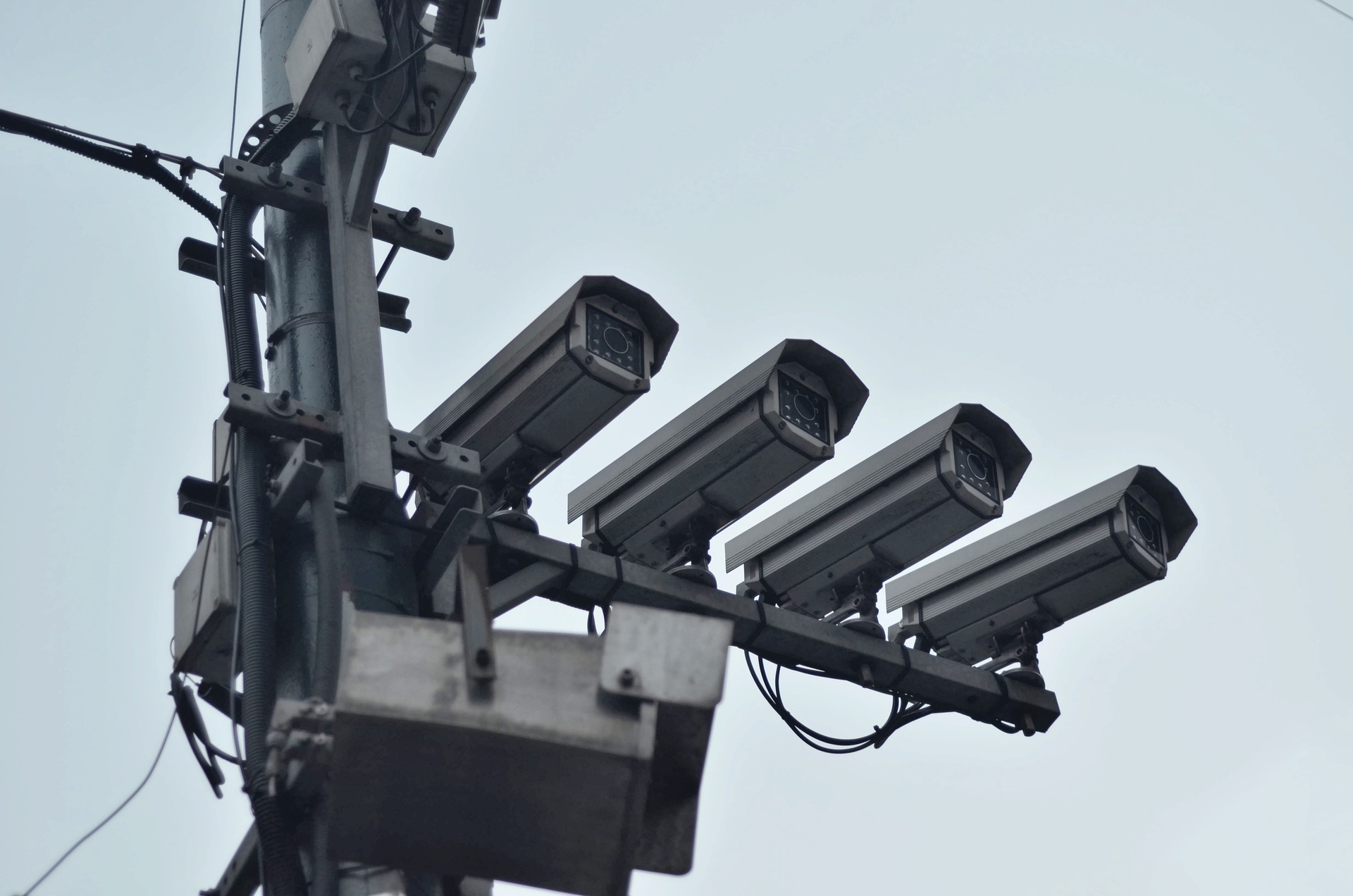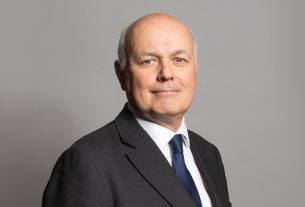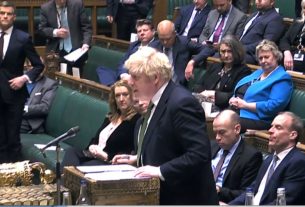In a recently published survey, the Biometrics and Surveillance Camera Commissioner (OBSCC) has said the UK government should be concerned about using Chinese surveillance cameras and equipment. Report authors suggest that UK police forces are ‘shot through’ with Chinese-manufactured CCTV, drones, and other security equipment, which they feel raises significant ethical and security-related questions.
Professor Fraser Sampson, Biometrics and Surveillance Camera Commissioner, told reporters that police forces across the UK were using the equipment despite “security and ethical concerns”. Referencing news stories about Chinese spy balloons, he said:
“There has been a lot in the news in recent days about how concerned we should be about Chinese spy balloons 60,000ft up in the sky.
“I do not understand why we are not at least as concerned about the Chinese cameras 6ft above our head in the street and elsewhere.”
The OBSCC report highlights that despite government direction to cease installing Chinese-made surveillance equipment, it is still in use across Britain. Moreover, the police bodies using them are “generally aware that there are security and ethical concerns about the companies supplying their kit”.
During the survey last June, police forces in Wales and England, the National Crime Agency, the Ministry of Defence, the Civil Nuclear Constabulary, and the British Transport Police provided information regarding surveillance equipment governance and use.
Out of 47, the OBSCC received a reply from 39 bodies. 24 forces raised security or ethical concerns about internal camera systems, and 18 respondents concerning external surveillance equipment. 11 respondents expressed similar worries regarding automatic number plate recognition. Of 31 bodies using DIJ drones or similar aerial surveillance equipment, 23 expressed concerns.
Following the publication of the survey, Professor Sampson said:
“Clearly, it is vital sometimes that the police must be able to use intrusive surveillance technology in public places. But if they want the public to trust them to do so, they must be able to persuade us, not only that they are working partners and providers that can be trusted, but also that they will use the technology available to them lawfully, responsibly and according to a set of clear agreed principles.
“Parliament has already acted to curtail the use of equipment made by several Chinese manufacturers from some areas of public life where security is key. Myself and others have been saying for some time that we should, both for security and ethical reasons, really be asking ourselves whether it is ever appropriate for public bodies to use equipment made by companies with such serious questions hanging over them.”
Surveillance equipment and human rights
Whilst some MPs have raised questions regarding human rights violations by Chinese surveillance equipment manufacturers, human rights groups fear the prolific use of CCTV is a violation of fundamental privacy rights.
In 2022, nearly 70 MPs called for a ban on products from Chinese firms Hikvision and Dahua because of alleged human rights abuses. Both companies vehemently defended their records, emphasising their commitment to high standards across the board.
In 2013, the UK government outlined the code of conduct in relation to CCTV use, with the OBSCC publishing revisions in 2021. Section 30 of the Protection of Freedoms Act 2012 (PoFA) stipulates how police and local authorities can use surveillance equipment.
The code states:
“The purpose … will be to ensure that individuals and wider communities have confidence that surveillance cameras are deployed to protect and support them, rather than spy on them.”
But even then, human rights groups felt that the guidelines did not sufficiently protect fundamental privacy rights. Today, research indicates that over seven million surveillance cameras are in operation across the UK, most belonging to private individuals or companies.
Groups like Big Brother Watch told Sky News at the time:
“We’re getting an increasing amount of phone calls and letters from people who are concerned about their neighbours putting up CCTV cameras in their gardens, which cover their own private areas and sometimes look into their houses.
“And then there’s also the technological development in terms of CCTV. Facial recognition and HD CCTV cameras. These are all available online to pretty much anybody.”
The Information Commissioner’s Office provides guidelines on private CCTV operation and a register for users. But the sector remains largely unregulated, and the guidelines seem unenforceable.




